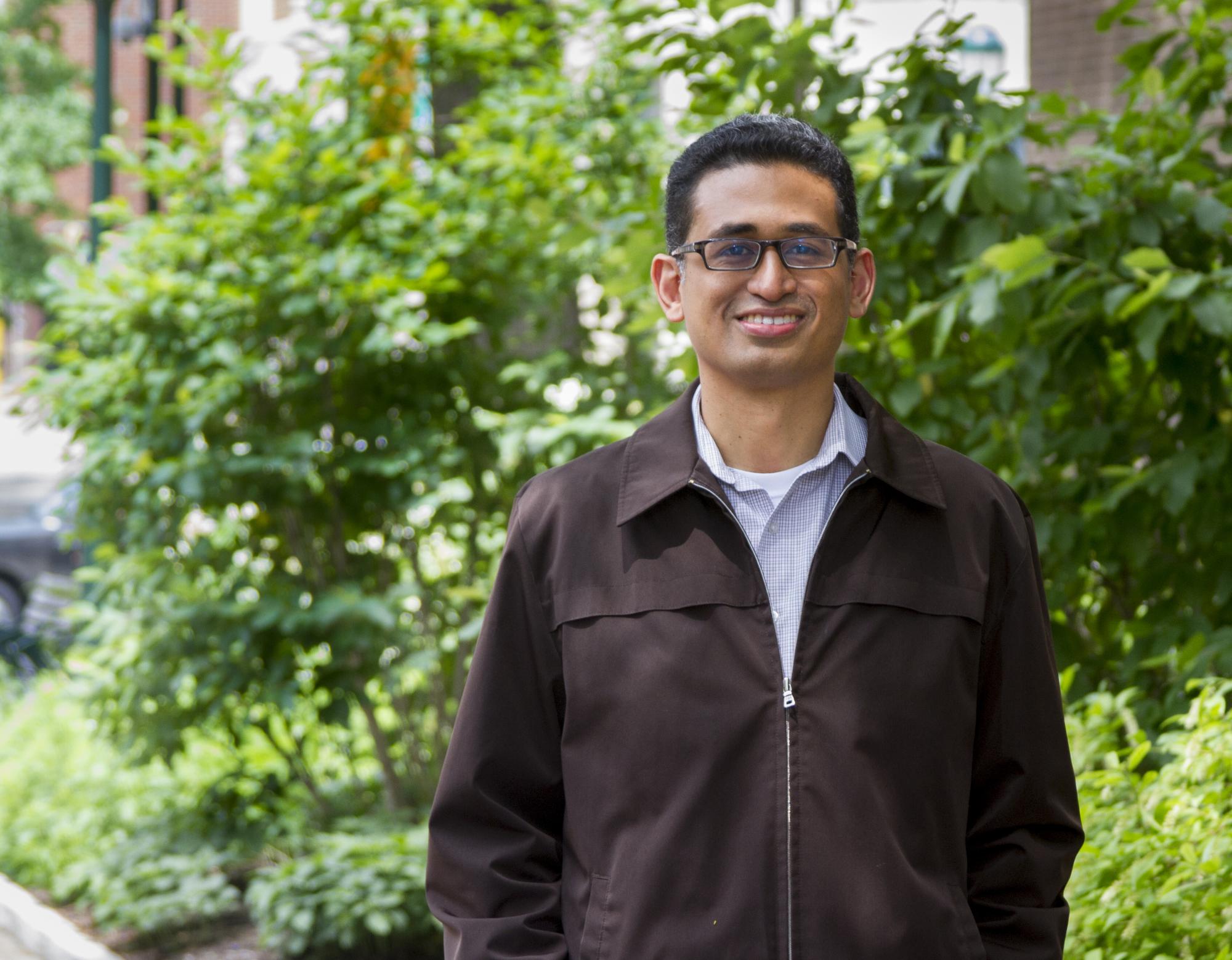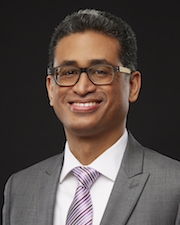Should tax dollars support private schools?
For more than two decades, states and school districts around the country have experimented with a variety of programs offering vouchers, tax credits, scholarships, and saving accounts to allow families to send their children to private, sometimes religiously affiliated, schools instead of public schools.
The programs, including many that Secretary of Education Betsy DeVos has said she favors expanding, have triggered debates over the separation of church and state, equity in school funding, and the purpose of public school.

In an article in Phi Delta Kappan, Penn GSE’s Rand Quinn and co-author Tina Cheuk, of Stanford, offer an overview on the state of vouchers under the Trump administration and new research on Americans’ views.
Quinn and Cheuk’s findings suggest this issue will continue to be hotly contested:
“We found that about half of adults support publicly funded school vouchers while almost a third are opposed and that public opinion on school vouchers varied across the political spectrum. Not too surprisingly, respondents who identified as liberal had more negative views of school vouchers than those who identified as conservative.
“Digging deeper, though, we found the most pronounced differences to reside in our respondents’ religious views and their identified religion. Adults who claimed that religion is important to their lives were much more supportive of school vouchers than those who did not. Nearly two-thirds of adults who identify as ‘born again’ or evangelical Christians expressed support for publicly funded school vouchers. Additionally, those who identified as Protestants and Catholics expressed significantly greater support for school vouchers than those who were atheist or agnostic or who describe their religion as ‘nothing in particular.’ We suspect that these differences have to do mainly with the fact that vouchers can be used for tuition at religious schools, thereby expanding the accessibility of faith-based education to the wider public.”
Read the full report in Phi Delta Kappan.

